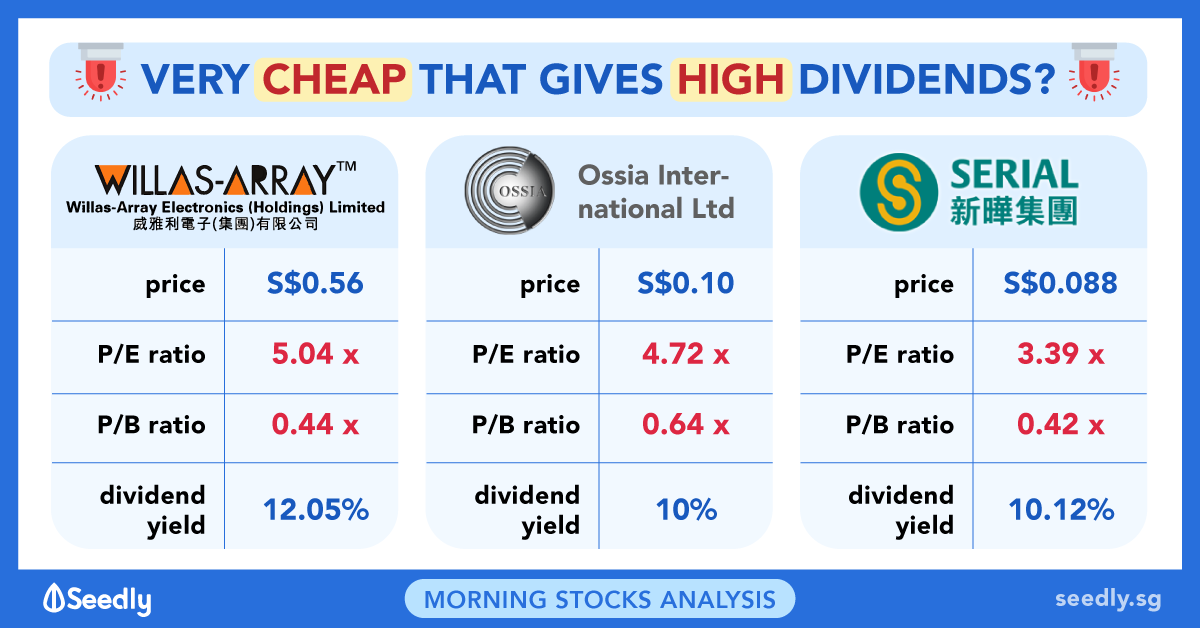Hi there!
If i understand your question correctly, what you are saying is that if you should buy a stock before its dividend payout date and then subsequently selling the stock (shorting) after getting the dividends.
This strategy is called the dividend capture strategy whereby an investor buys a security to capture the dividend, and then sells the security to buy another about to pay a dividend. By doing this, investors can receive a steady stream of dividend income instead of waiting for an individual holding to pay its regular dividend.
To do this, you must purchase the stock before the ex-dividend date, which is the day that new buyers of the stock are no longer entitled to the dividend payout. Investors looking to capture a dividend must buy the security prior to the ex-dividend date to ensure they are a shareholder of record when the dividend is paid.
In theory, by doing this and selling the stock after receiving the dividends, you should be able to capture numerous dividends. However, in practice this is not always the case.
For example, when the company annouces a dividend, the share prices will increase to factor in the the dividend payment up to the ex-dividend date. On the ex-dividend date itself, the share prices usually adjusts downward by the amount of dividend payment/share to compensate new buyers who are not entitled to the dividend payment.
Assuming that's the case, you might end up with without any tangible benefits from buying and then shorting a high dividend stock just to get the dividends.
Hope that answers your question!









Hi there!
If i understand your question correctly, what you are saying is that if you should buy a stock before its dividend payout date and then subsequently selling the stock (shorting) after getting the dividends.
This strategy is called the dividend capture strategy whereby an investor buys a security to capture the dividend, and then sells the security to buy another about to pay a dividend. By doing this, investors can receive a steady stream of dividend income instead of waiting for an individual holding to pay its regular dividend.
To do this, you must purchase the stock before the ex-dividend date, which is the day that new buyers of the stock are no longer entitled to the dividend payout. Investors looking to capture a dividend must buy the security prior to the ex-dividend date to ensure they are a shareholder of record when the dividend is paid.
In theory, by doing this and selling the stock after receiving the dividends, you should be able to capture numerous dividends. However, in practice this is not always the case.
For example, when the company annouces a dividend, the share prices will increase to factor in the the dividend payment up to the ex-dividend date. On the ex-dividend date itself, the share prices usually adjusts downward by the amount of dividend payment/share to compensate new buyers who are not entitled to the dividend payment.
Assuming that's the case, you might end up with without any tangible benefits from buying and then shorting a high dividend stock just to get the dividends.
Hope that answers your question!